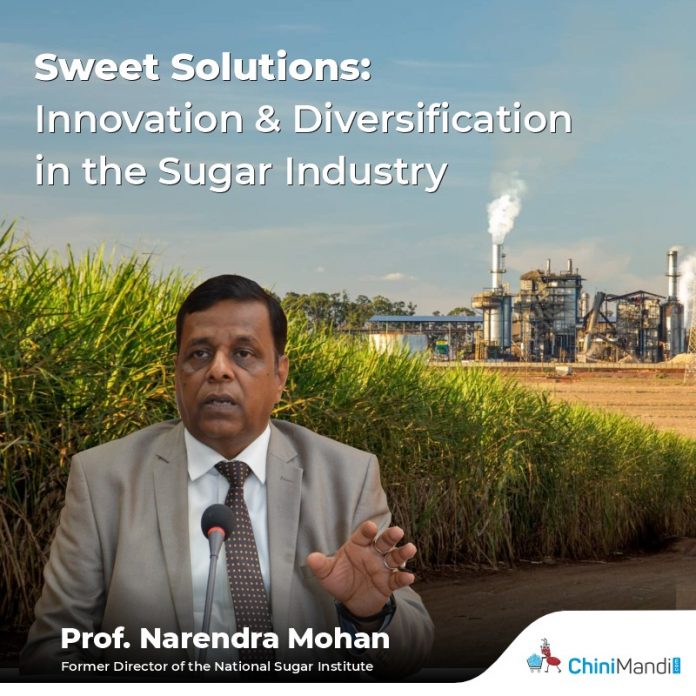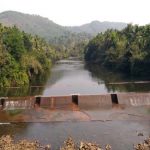Indian Sugar Industry is required to revisit its sugar production strategy not only in terms of quantity to cope up with sugar-ethanol balance but also with respect to quality to meet sectorial requirement. Sulphitation Process for producing plantation white sugar has many drawbacks including quality of sugar and also is not a very environment friendly process. We have now entered into an era of superior quality sugar i.e. refined sugar production to cater requirement of different sectors. Defecated syrup is also better suited for ethanol production as compared to syrup from Sulphitation units producing plantation white sugar. Further, refined sugar paves way for production of many specialty sugars too which are in demand, particularly, by beverage, confectionary, bakery and other industries. Most of the refineries have adopted Phosphofloation & Ion-Exchange Process for the purpose but there is need for adopting various alternate technologies which can render the refined sugar at lower cost while addressing the environmental issues too, said Prof. Narendra Mohan, Former Director, National Sugar Institute, Kanpur.
Out of the two established techniques for primary de-colorization of sugar liquors in refineries, Phosphofloation & Carbonation, each has its own merits and de-merits. While Phospho-floation Process is simpler and requires lower capital investment, Carbonation scores in terms of lower chemical cost and higher colour removal. As regards, secondary de-colorization, the preferred technology in Phospho-floatation plants is of Ion-exchange resins, while Carbonation plants generally use active carbons for the purpose.
Ion-exchange resins do require regular regeneration which results in producing brine reject which is an area of concern and creates environmental issues unless properly taken care of. Regeneration, brine recovery and rinse water recovery is all at added cost. Use of powdered active carbons in combination with membrane filter presses has seen advent over the last couple of years but is suited for small refineries up to 500 TPD refined sugar production. Inability to reuse the powdered active carbon makes process unviable for higher capacity sugar refineries which often resort to use of granular active carbons too.
With the change in the technological scenario and availability of the integrated distilleries, for the higher capacity refineries, the preferred process may be Carbonation & Ion Exchange, Carbonation & Granular Active Carbon drawing carbon di-oxide from distillery fermenters. The units working with Phoshpo-floation & Ion Exchange process need to assure perfect brine recovery and rinse water recovery system at place yielding not less than 90% recovery having proper measurement mechanism at place. For small refineries, it may be Phospho-floation & powdered active carbon. It is high time to draw an evaluation sheet containing all relevant efficiency parameters, capex & opex and cost to environment as well, said Prof. Mohan.












